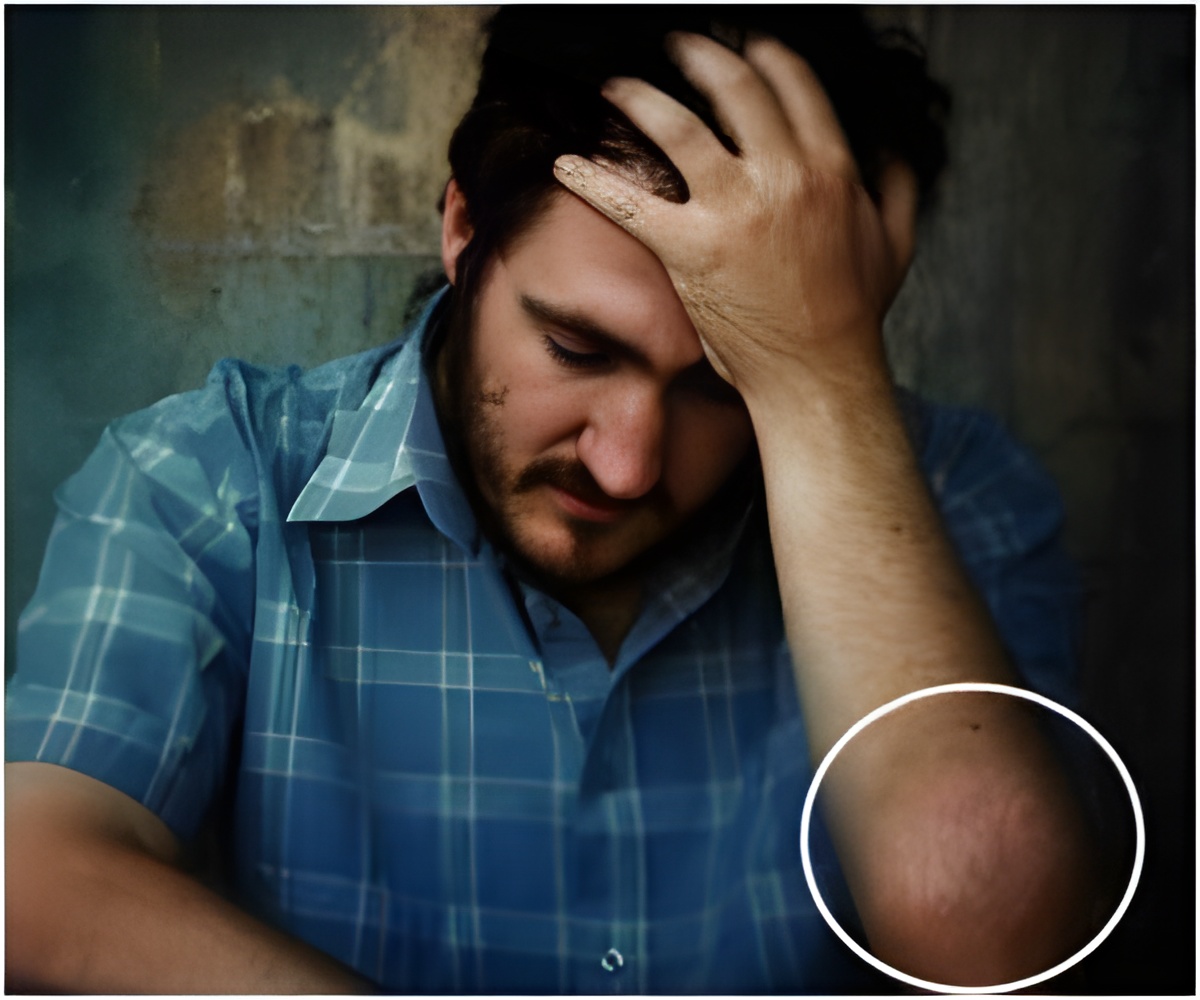Stress can trigger and exacerbate psoriasis. This in turn can generate high levels of stress. Explore and break this vicious cycle for better management of psoriasis.

Several scientific studies have confirmed that stress can trigger and worsen psoriasis and increase itching. Additional, well-controlled studies are necessary to confirm such a causal relationship, though a pathogenic association appears likely.
Psychological and physical stress can stimulate the release of chemical messengers (neuropeptides), which can cause itching, pain, and inflammation. One possible underlying cause of stress-induced flares of psoriasis can be dysregulation of the hypothalamus/pituitary/adrenal and sympathetic adrenomedullary systems.
Psoriasis can induce stress in a number of ways, such as the stigma associated with the disease, embarrassment of the skin blemishes, the financial strains of lifelong treatment, and many more.
Since the ‘stress-prosiaris-stress’ cycle has been established, breaking this ‘merry-go-round” is important to attain better therapeutic outcomes. Stress management is an essential part of psoriasis management. Stress reduction through psychotherapy and pharmacotherapy may be useful in treating stress respondent psoriatic patients.
Reference Article
Source-Medindia














